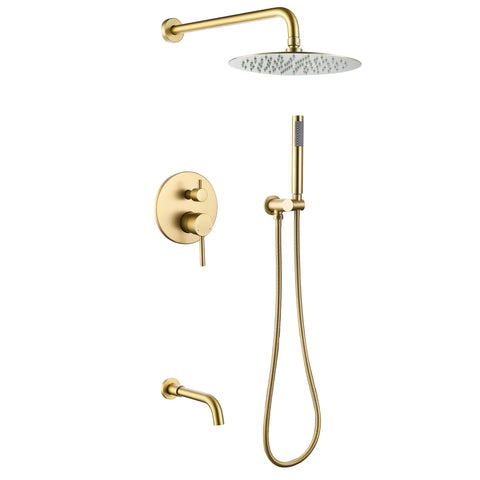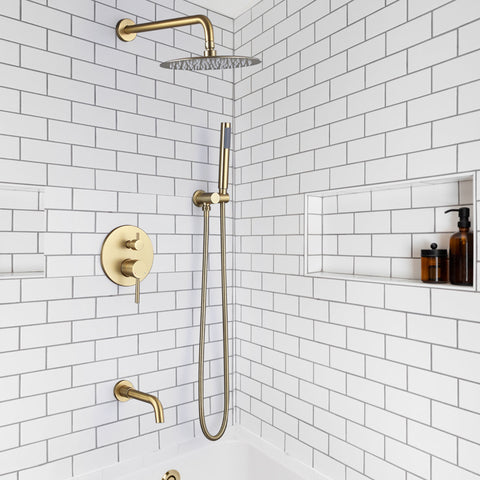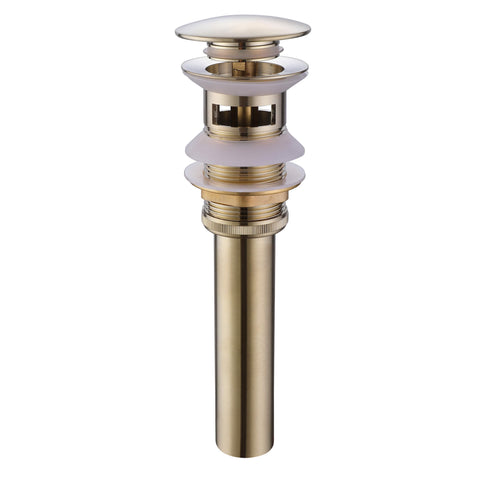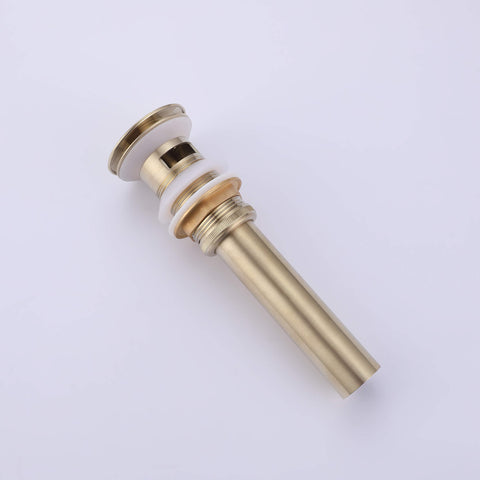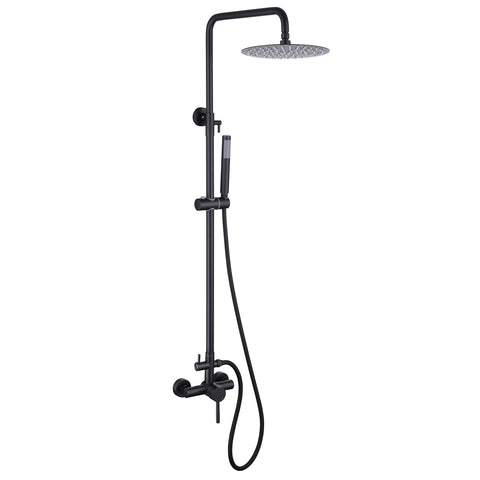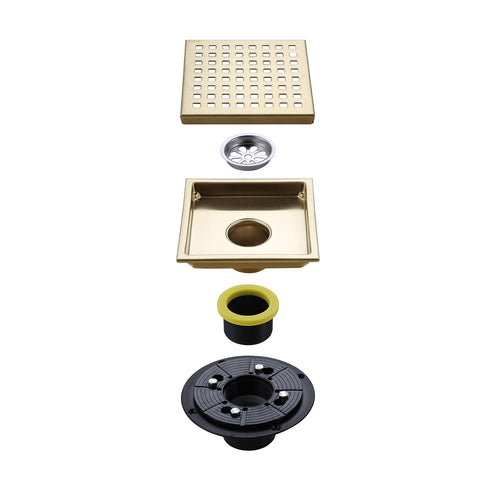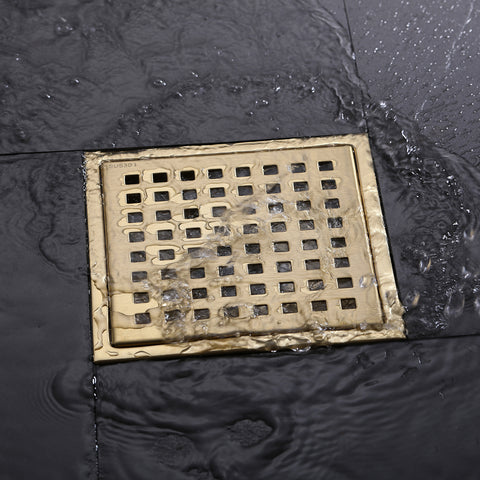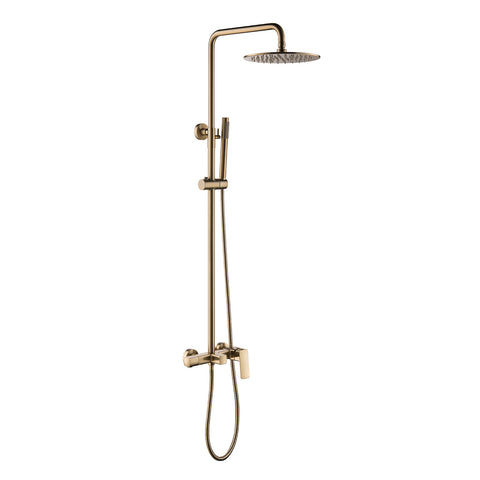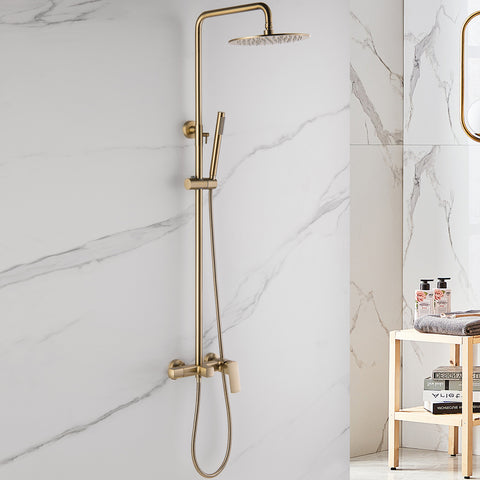What Are the Materials for Shower Systems and How to Choose the Right One?
Selecting the right shower system is crucial for both functionality and aesthetics. From showerheads to plumbing components, the materials you choose can significantly impact your shower experience. This guide will walk you through the different materials used in shower systems and help you make the best choice for your bathroom.


Types of Shower System Materials
Showerheads
- Stainless Steel: Durable and resistant to rust, stainless steel showerheads are long-lasting and easy to maintain, making them a popular choice for many.
- Brass: Known for its elegance and durability, brass showerheads offer a timeless appeal while standing the test of time.
- Plastic: Lightweight and affordable, plastic showerheads are a budget-friendly option. However, they may not offer the same longevity as metal alternatives.
- Chrome: Chrome-plated showerheads offer a sleek, reflective finish and are easy to clean, making them a favorite in modern bathroom designs.
Shower Valves and Controls
- Brass: Brass valves are highly durable and resistant to corrosion, ensuring smooth operation for years.
- Plastic: A more economical option, plastic valves may lack the durability of brass but are still a practical choice for budget-conscious buyers.
Shower Pipes and Fittings
- Copper: Copper pipes are the gold standard in plumbing due to their reliability, durability, and corrosion resistance.
- PVC (Polyvinyl Chloride): Lightweight and cost-effective, PVC pipes are widely used in residential plumbing.
- PEX (Cross-linked Polyethylene): Flexible and easy to install, PEX pipes are becoming a popular choice, especially for DIY enthusiasts.
How to Choose the Right Shower System?
Choosing the right materials for your shower system depends on several factors:
- Budget: High-end materials like stainless steel and brass are more durable but come at a higher price. If you’re working within a limited budget, plastic or chrome options can still provide good value.
- Style Preferences: Select materials that align with your bathroom’s overall design. For example, chrome suits modern styles, while brass may work well in vintage or luxury setups.
- Durability: If you're planning to stay in your home long-term, investing in long-lasting materials like brass or stainless steel is wise.
- Maintenance: Consider how much effort you're willing to invest in cleaning and maintaining the shower. Stainless steel and chrome are relatively low-maintenance, while some plastics may require more frequent upkeep.
- Plumbing Compatibility: Make sure the materials you choose are compatible with your home’s plumbing system.
- Water Quality: Materials like copper can help maintain water quality, while certain plastics may affect it over time.
- Eco-Friendly Choices: Opt for water-efficient and environmentally friendly materials if you want to reduce your ecological footprint.
Conclusion
Choosing the right shower system materials can elevate your daily routine and enhance your bathroom's aesthetics. By carefully considering your budget, style preferences, durability needs, and maintenance expectations, you can select materials that not only improve your shower experience but also stand the test of time.
